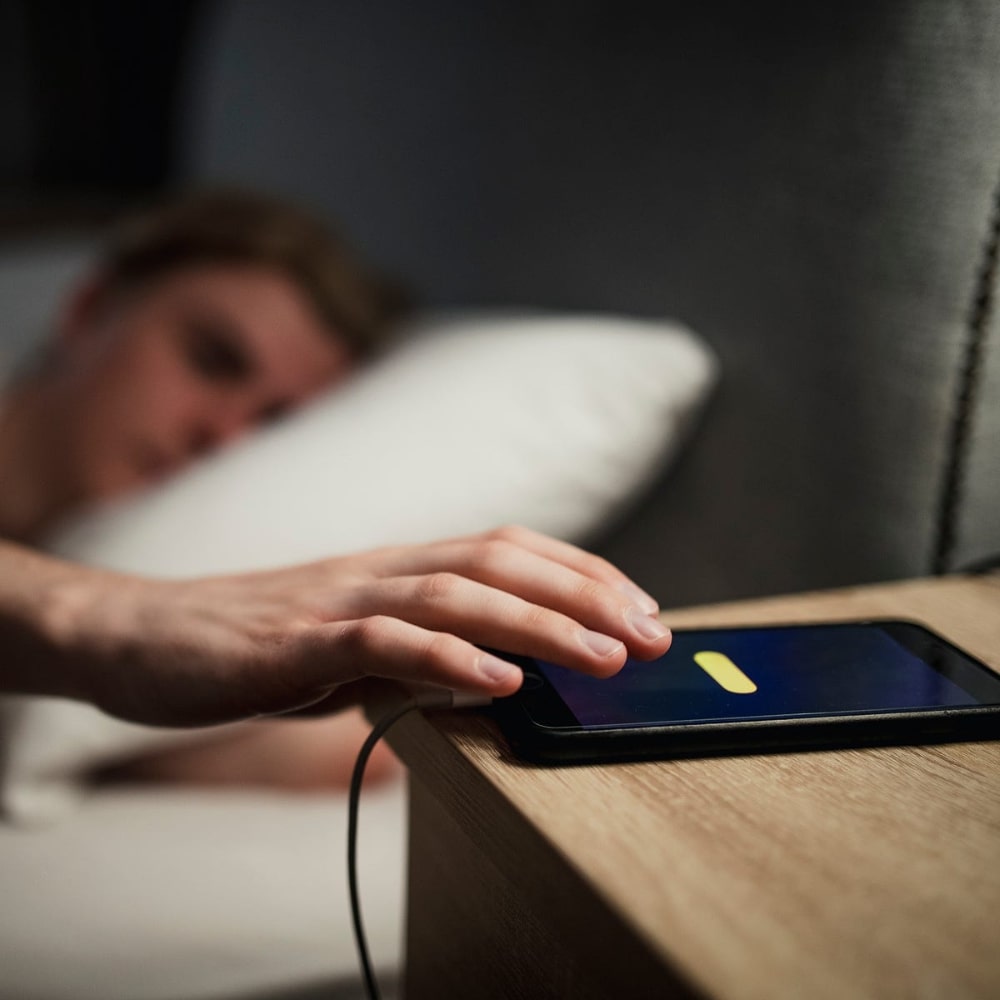
Tech giant Apple has issued a stern warning to individuals who charge their iPhones while sleeping, highlighting potential risks that go beyond disrupting sleep patterns or affecting battery life. Many users are drawn to the idea of waking up to a fully charged phone. However, Apple’s recent advisory sheds light on a far more serious concern linked to charging habits.
The Risks Unveiled by Apple’s PSA

According to Apple’s public service announcement (PSA), sleeping beside a phone while it’s connected to a charging cable could lead to potential hazards, including fire, electric shock, personal injury, or damage to the device itself. Falling asleep with the phone under a blanket, pillow, or even your body can also be a potential fire hazard. Proper air circulation around the charging components is crucial to avoid these dangerous outcomes.
Ensuring Safety During Charging
To mitigate these risks, Apple offers some practical safety advice. Firstly, keep your iPhone, power adapter, and wireless charger in a well-ventilated area while in use or during charging. Particularly if you have a medical condition affecting your ability to sense heat, exercise extra caution. Secondly, use the charging cable provided with your phone and opt for an Apple USB power adapter that conforms to the appropriate safety standards. In addition to this, you should avoid using cheap or non-standard charging accessories as they might not meet safety standards.
Additional Reasons to Keep Your Phone Away From Your Bed
Apple’s warning echoes broader advice from health professionals regarding phone usage near bedtime. Scientific studies have shown that the blue light emitted by screens can inhibit the production of melatonin – the hormone responsible for sleepiness – making it difficult to fall asleep. Moreover, having a phone nearby can hinder the brain’s ability to switch off. To promote better sleep hygiene, experts recommend reducing overall screen time, designating the bedroom as a screen-free zone, and enabling night-time modes or filters if necessary.